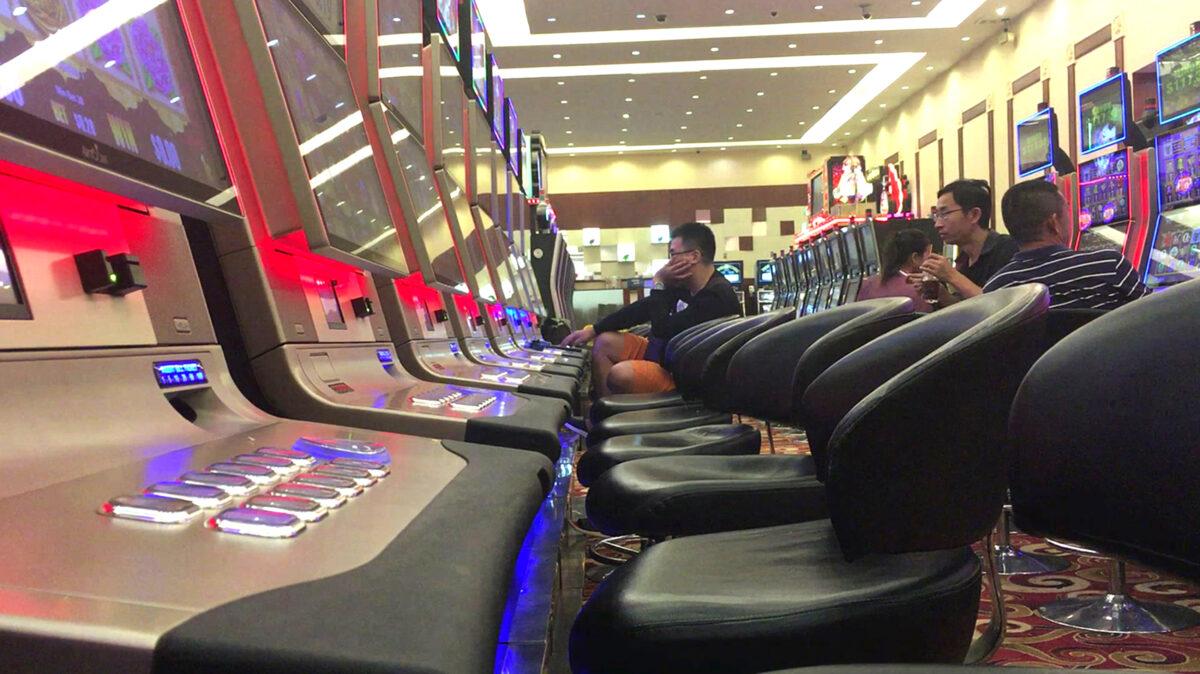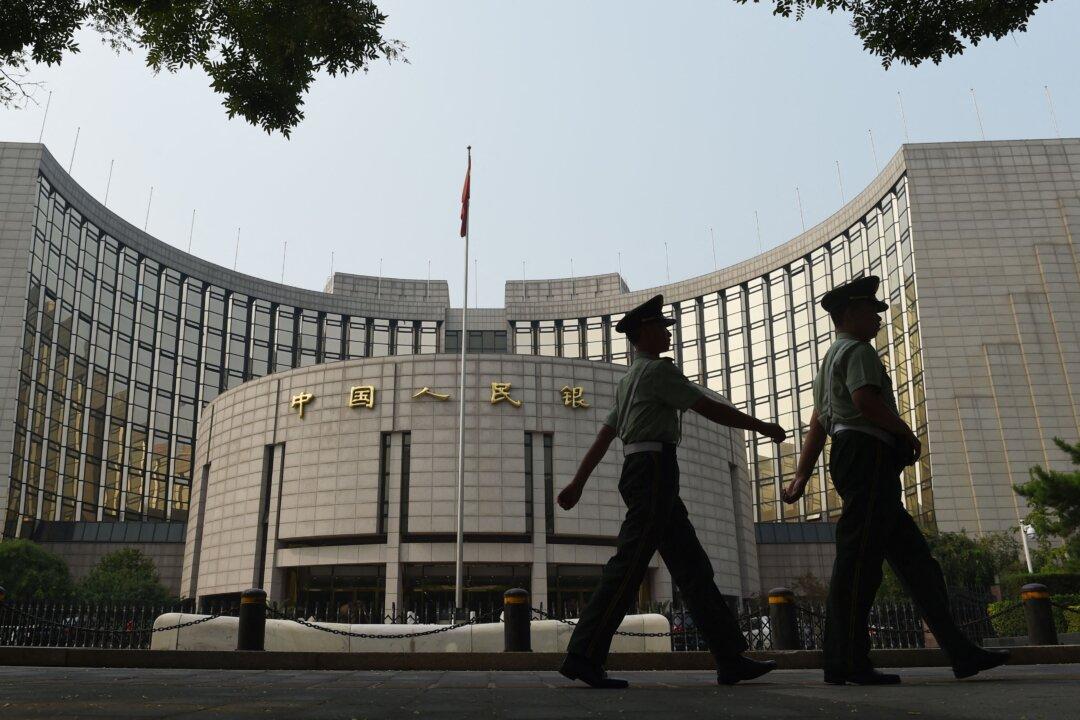Chinese fraud cases have been rampant in Cambodia in recent years. Causes for Chinese fraudsters booming in Cambodia are complex, with some international media suggesting that China’s Belt and Road Initiative (BRI) plays an important role.
The following October, Sihanoukville’s special economic zone was established as a “model of cooperation,” which would also be desired as “Cambodia’s Shenzhen.” Shenzhen is one of the richest cities in China bordering Hong Kong to the south—as Hun Sen publicly and repeatedly claimed.
Chinese Capital Boosts Gambling Industry in Cambodia

Since China incorporated Cambodia into BRI in 2016, Sihanoukville with its 80,000 people has swiftly been targeted as a hotspot of Chinese “gold diggers.”
As a large gambling capital, Sihanoukville’s gambling sites attracted a large number of Chinese people.
In addition to offline casinos, online gambling is even more prevalent for it doesn’t have regional or national restrictions.
Chinese-run casinos emerged everywhere in Sihanoukville, and most internet gambling developers set up in the city’s special economic zone, constantly operating various gambling sites and absorbing digital finance worldwide.
As gambling fueled a vicious circle, high profits lured more people and money to Sihanoukville, which saw a large inflow of capital in a short time.
Violence and Gang Crime
The gambling industry promoted by China’s BRI may produce an apparent economic boom in Cambodia, and it has inevitably had the side effect of a sharp rise in violent crime. An opinion article published on Chinese social media Tencent said, “the gambling industry can give birth to a multi-millionaire in a minute or leave a rich second generation penniless: Discrepancy between heaven and hell makes it easy to trigger a person’s propensity for violence.”Another problem is the widening gap between the rich and the poor. Chinese people formed a separate business circle, so the prices for Chinese people are much higher than that for local people, and most locals couldn’t afford it.
This disparity between the rich and the poor has led to a variety of violent crimes being committed almost exclusively against the Chinese.
China Restricts Capital Outflows and Cambodia Bans Gambling
On Aug. 18, 2019, Cambodian Prime Minister Hun Sen issued a ban on gambling, effective on Jan. 1, 2020. The decree states that online gambling and arcade gambling in Cambodia are prohibited in order to maintain security and public order.Following the ban on gambling in Cambodia, various service businesses in Sihanoukville closed down, with a wave of real estate developers, investors, and capital withdrawn instantly from the city.
Chinese Internet Fraud Cartels

Sexual assaults, drug abuse, and violent crime have been left behind by the gambling industry in Cambodia despite the departure of Chinese capital. Another type of crime, cyber fraud related to online gambling, is growing more prominent since online casinos have been gradually replaced by the internet digital park.
The campus where the fraudulent companies are located is guarded and managed by local armed gendarmes and property owners hired by the Chinese bosses. When people enter inside, they are treated like slaves, working more than 10 hours a day, and being beaten and tasered if they fail to complete tasks.
In order to get more people to participate in the scam, these cyber fraudsters spread recruitment needs, claiming that they will pay $20,000 to $30,000 per person. With this trend of interest, many middlemen find ways to acquire people through deception, kidnapping, and controlling personal freedom and then sell them out. The situation puts Chinese people living in Cambodia at risk of being kidnapped and sold out at any time according to Jimu News.
Fraudsters in Cambodia, due to the impact of the COVID-19 epidemic outbreak and lack of personnel, now are reaching out to different ethnic groups in different countries.





